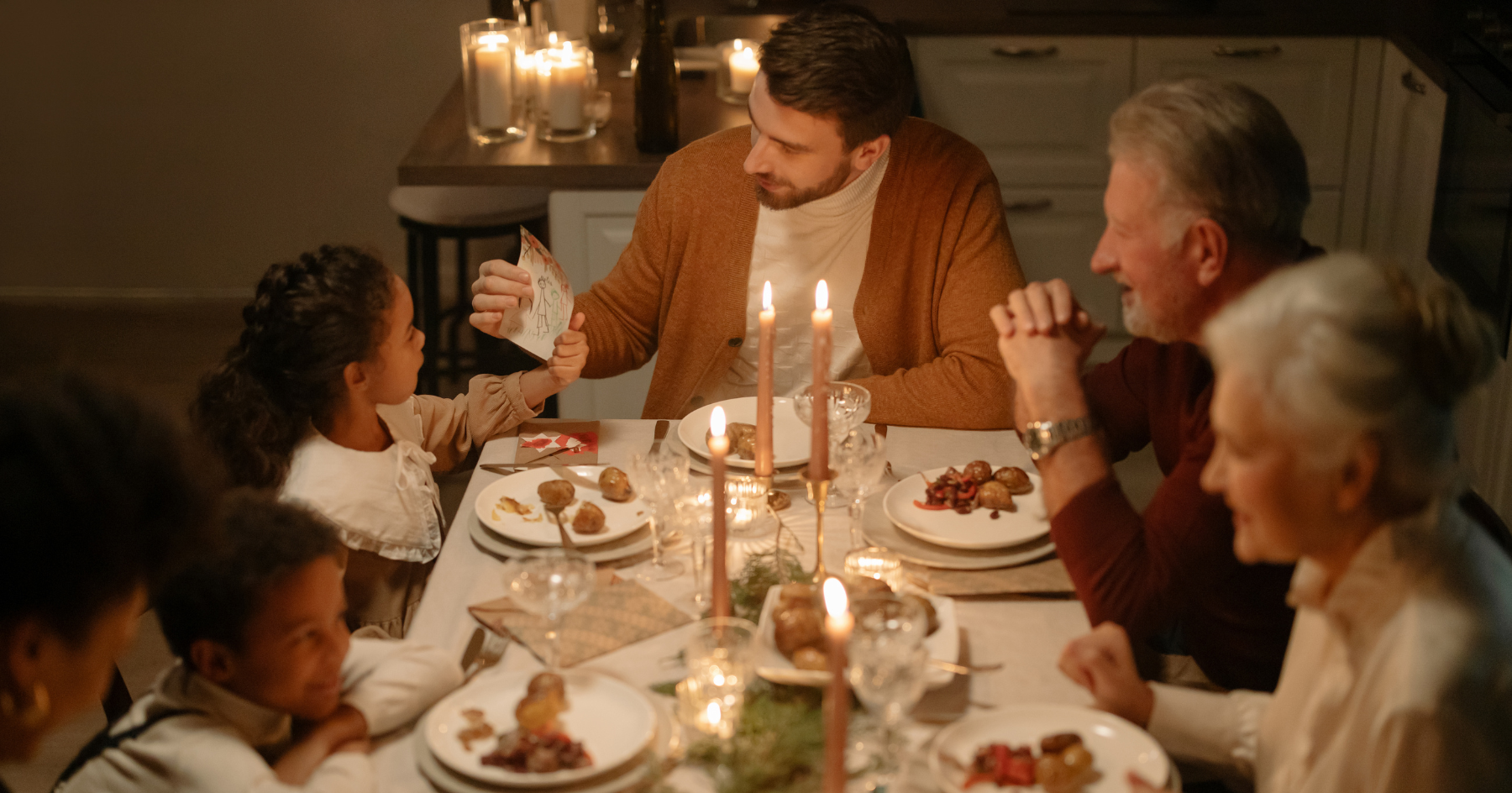The holiday season is often marketed as a time filled with warmth, celebration, and connection. But for many, this time of year can bring a different emotional experience—feeling deeply lonely, even when surrounded by family, friends, or festive events. If you’ve ever found yourself in a room full of people, smiling on the outside while feeling unseen or disconnected on the inside, you’re not alone.
Loneliness Isn’t Always About Being Alone
We often think loneliness comes from being physically by ourselves, but the truth is more nuanced. There are two types of loneliness that show up during the holidays:
Physical Solitude
This is what we typically imagine—spending time alone, perhaps due to distance, loss, schedule changes, or life circumstances.
Emotional Loneliness
This is the ache of feeling misunderstood, unseen, or disconnected—even when you’re with others. Emotional loneliness can look like:
- Feeling like you’re “on the outside looking in”
- Struggling to relate to those around you
- Wearing a “mask” to get through gatherings
- Feeling like others wouldn’t really understand what you’re going through
During the holidays, emotional loneliness can feel especially painful because the world around us is saying we should be happy and connected—which can deepen shame or self-criticism.
Reminder: If your holiday doesn’t look or feel like a movie or a commercial, nothing is wrong with you. Your experience is valid.
Why Holiday Loneliness Happens
Loneliness during this season can stem from many experiences, including:
- A recent loss or grief resurfacing
- Difficult family dynamics or old wounds
- Changes in friendships, relationships, or routines
- Being in a different life stage than others around you
- Feeling disconnected from your own traditions or identity
- Social anxiety, burnout, or pressure to “keep up”
Sometimes the problem isn’t the lack of people—it’s the lack of emotional connection with the people we’re around.
---
Where Emotional Connection Begins
Emotional connection doesn’t require a large group, deep vulnerability with everyone, or constant socializing. It grows through small, genuine moments of being seen and understood.
Try making space for connection that feels meaningful, not forced.
Start with One Authentic Interaction
Instead of trying to “fit in” at a group gathering, focus on one real conversation with someone you trust or feel curious about connecting with. You might try:
- Asking someone about their favorite holiday memory
- Sharing something true about how you’re feeling (even lightly)
- Sitting with someone who also seems quieter or overwhelmed
Give Yourself Permission to Step Away
If the room feels too heavy, it’s okay to take a breather. A quiet moment outside or a short grounding exercise can help you reset emotionally.
Meaningful Ways to Cope With Holiday Loneliness
Here are supportive strategies to help you care for your heart this season:
1. Acknowledge Your Emotions Without Judging Them
Loneliness, sadness, or longing are part of the human experience. Allow yourself to feel what you feel without comparison. You don’t have to convince yourself to be cheerful.
2. Choose Intentional Connection
Instead of scrolling through the highlight reels of others online, try reaching out directly to one person through a voice message, text, or a short call. One meaningful connection can be more nourishing than 20 surface-level interactions.
3. Create a Moment That Feels Like Yours
Traditions don’t have to come from childhood—you can create new ones. Try:
- Lighting a candle for someone you miss
- Cooking a meal that brings comfort
- Watching a favorite movie or visiting a place that feels peaceful
- Doing an act of kindness for someone else
4. Journal Your Thoughts
Writing helps you name what’s beneath the surface. You might explore:
- “What do I need more of this holiday season?”
- “Where do I feel most myself?”
- “What would help me feel more connected?”
5. Seek Safe Spaces for Connection
If large or surface-level gatherings feel draining, look for spaces where you can show up as you are—support groups, interest-based meetups, community gatherings, spiritual communities, volunteering, or a cozy one-on-one visit.
A Gentle Reframe
You can be surrounded by people and still feel lonely—and that doesn’t mean you’re failing. It means you’re craving authentic connection, not just company. That is a deeply human need.
Connection doesn’t have to be big, loud, or perfect. Sometimes it looks like:
- A quiet conversation
- Someone who truly listens
- One person who “gets it”
- Feeling safe in your own presence
You’re Not Alone in Feeling This Way
If this season feels tender, heavy, or more complicated than joyful, I hope you remind yourself:
✨ Your feelings are valid. ✨ Many others feel this way too, even if they don’t show it. ✨ You deserve relationships where you feel seen, supported, and valued.
A Note From Peck Counseling
If this season feels heavy or lonely, you don’t have to navigate it by yourself. Peck Counseling offers a warm and compassionate space to talk through what you’re experiencing and find support that feels grounding and genuine. Reaching out can be a meaningful step toward feeling more connected and cared for—especially during the holidays.





